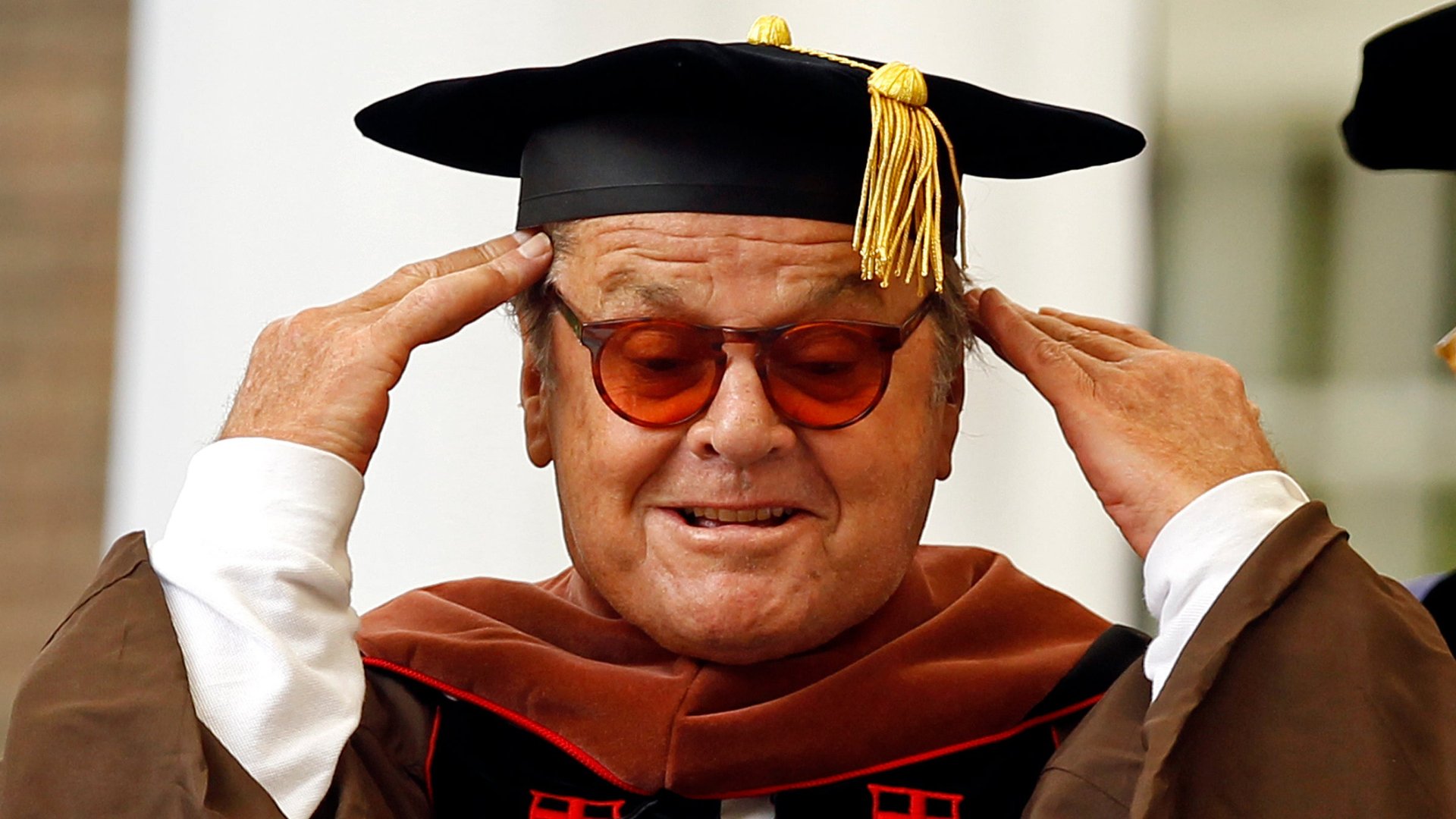PhD programs need students who care about more than just future earnings
Everyone wants to know whether a PhD is worth it or not.


Everyone wants to know whether a PhD is worth it or not.
And that’s precisely the problem for an unnamed doctoral candidate in the sciences who dropped out of the Switzerland-based École Polytechnique Fédérale de Lausanne (EPFL) just a few months short of completing his thesis.
After fours years of PhD work, he (she?) shared his growing disillusionment by way of a nearly 3,000 word email sent to the research staff of EPFL, where he was enrolled. The email was shared—without the student’s name or signature—by a professor at the University of Applied Sciences in Western Switzerland. The student writes:
While I could give a multitude of reasons for leaving my studies—some more concrete, others more abstract—the essential motivation stems from my personal conclusion that I’ve lost faith in today’s academia as being something that brings a positive benefit to the world/societies we live in.
The problem is that people are entering into academia for the wrong reasons. What began as a world dedicated to advancing human knowledge has warped into a snobbish center of individualistic pursuits. He resents the fact that people treat the degree as a stepping stone—as a badge, or notch on their belt—rather than a privilege.
I’m starting to think of it as a big money vacuum that takes in grants and spits out nebulous results, fueled by people whose main concerns are not to advance knowledge and to effect positive change, though they may talk of such things, but to build their CVs and to propel/maintain their careers.
It doesn’t take a whole lot of poking around to uncover the sort of discussions that help brew this particular student’s dismay. The media, left and right, love to debate the worth of graduate and doctorate degrees in the US, whereby worth—in most cases—means return on investment in the form of job opportunities and prospective salaries.
Valuing salary potential and job viability above all else seems to be an ailment afflicting graduate programs and prospective students.
The global recession, which has pinched wallets and opportunities alike, is no small part of the problem. In lieu of jobs, more people have flocked to universities in hopes that graduate degrees will help propel their careers outside of academia. Countries ranging from the US, to Brazil, Egypt and even Zimbabwe continue to see record numbers of applicants and graduates every year. In China, doctorates have become something of a fad—the country now churns out more than any other in the world—and, often, at the expense of quality.
The problem with the rise in back-up-plan doctoral students is that, on the one hand, it’s raising the bar for everyone else. Jobs that previously didn’t require doctoral or professional degrees, now do. In the US, the number of jobs that require such degrees has jumped a staggering 20% since 2010, according to Bureau of Labor Statistics. On the other hand, the degree push is luring students who care less about what they’re studying. Roughly half of all doctorate students in the US drop out of their respective doctoral programs. In the UK, where attrition is less common, some 30% of students still don’t complete their degrees in the standard seven year period.
High attrition isn’t good for anyone. Graduate schools keep tabs on their completion numbers; departments track placements of doctorates; and students who have invested time and money want nothing less than to have to leave a program.
But fixing the problem, when the pool of applicants continues to grow and the horizon of job opportunities continues to shrink, won’t be easy—especially if academia itself doesn’t reorient or adjust. At present, academia has its own supply-and-demand imbalance to deal with; simply put, there aren’t nearly enough tenured positions out there to satisfy demand.
Around the world, the proportion of science PhDs who get tenured academic positions has been dropping steadily. The latest casualty asks, “Why risk our careers and reputations to fight for some noble cause that most of academia won’t really appreciate anyway?”